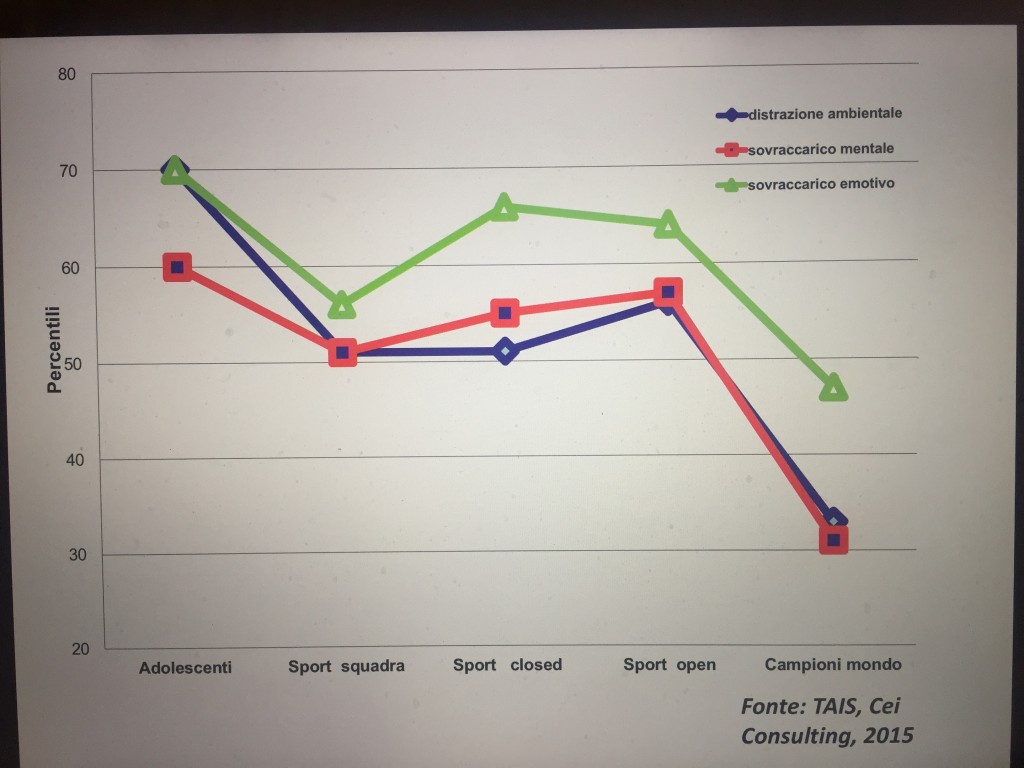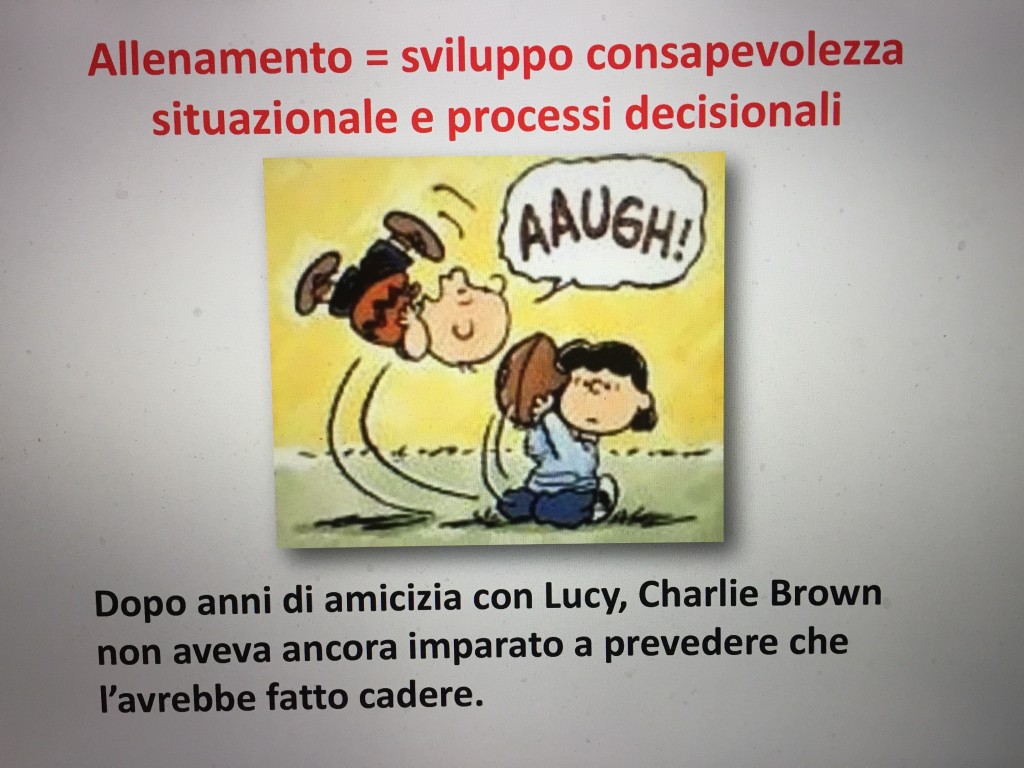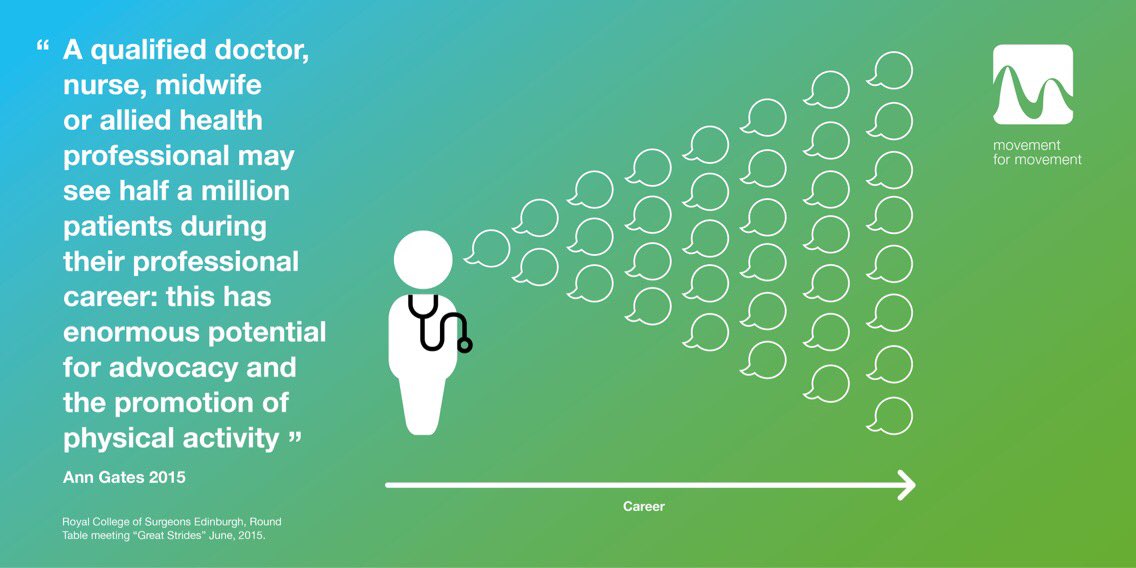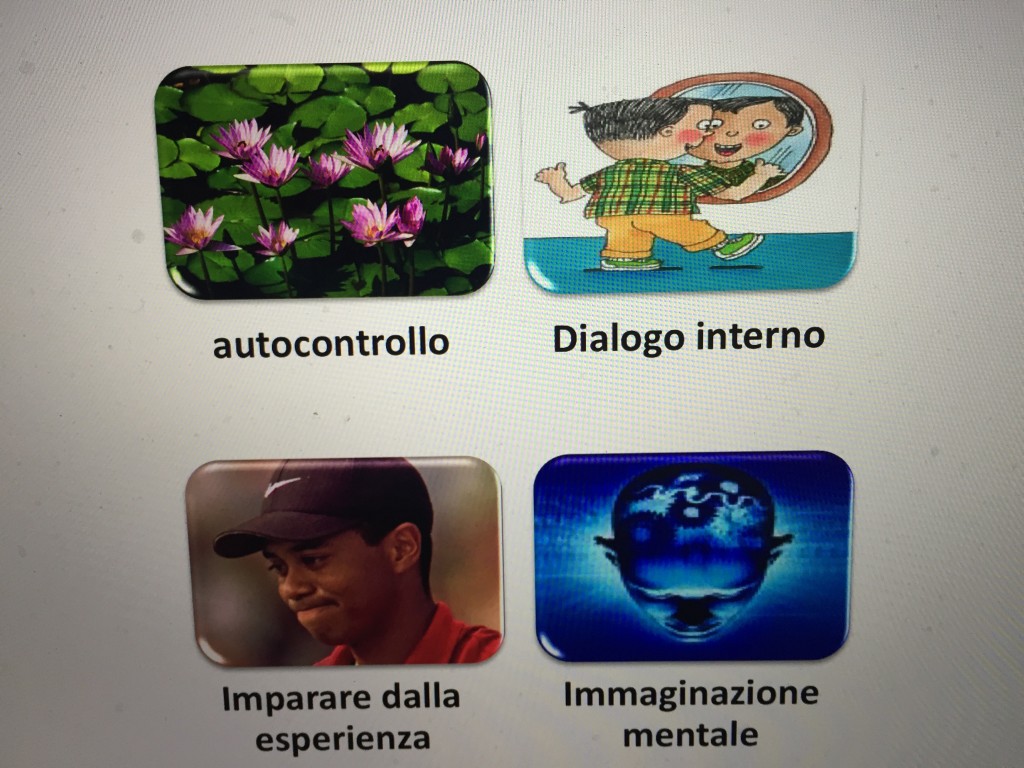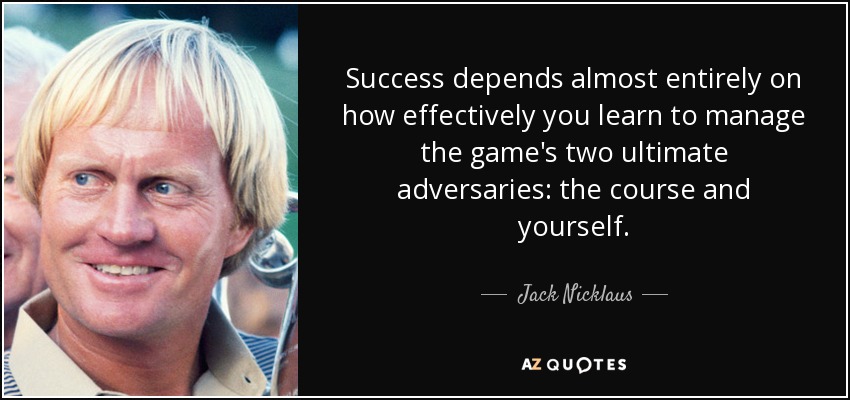The primary limitation of Gian Piero Ventura, the ex Italian football manager, was failing to build a cohesive team and provide a shared leadership. The Italian ex president of the football federation said: “we go to do something of extraordinary and make the history.” To reach this goal it’s necessary to build a motivational climate where every player should feel strictly linked to the others from an amalgam of will, toughness, commitment, courage and humility. This attitude comes before any tactics, because it enhances the human value of each, that in a team based on this habit, it is much more than the sum of the individual values. One team win more thanks to the group, because the performance arises from the integration of the behaviors of players skilled to do different things, together and at the same time.
The team might always think in terms of us and the role of the coach is crucial to encourage the participation of players accepting their suggestions, treating everyone with the same criteria and avoiding favoritism, giving to each of them a role. Now all this is missed, because Ventura took off the players from their role, gave confidence to someone who wasn’t in shape and giving up who was better, has kept out the most talented. After the match with Spain, he did not understand the negative psychological impact that players had experienced and continuing with the rhetoric that they are professionals and a defeat would have not influenced them. Obviously, the opposite happened.
At this point, the team leaders namely Buffon, Chiellini, De Rossi and a few others have had to bring the team together to go beyond the deficiencies showed by the coach. Ventura was incapable of comprehending their mood and he couldn’t lead them out of this tunnel of negativity, as it should have done, supporting them to fight in the next two matches, before the last decisive. Whose fundamental value lay not only in the result but especially in the moral reaction that would allow the team to face Sweden with a totally different psychological condition. The team leaders were unable to do more, because it would have meant going to a direct clash on the team to put in place.
Ventura doesn’t have certainly heard them and the episode that best highlight this situation is represented by the words of Daniele De Rossi, sit on the bench, when he says that if we want to win the game should not be him to do the warm up up but Insigne. Words not listened.
And forget about the total lack of a sense of responsibility and sense of community of the Italian managers and Ventura in leaving speak first and alone Gianluigi Buffon to explain the meaning of this elimination from the next football world cup. On the other hand, says Gigi Riva in his wonderful article, “In the hour of truth in Ventura lacked the courage (besides, one can’t give it)”.
